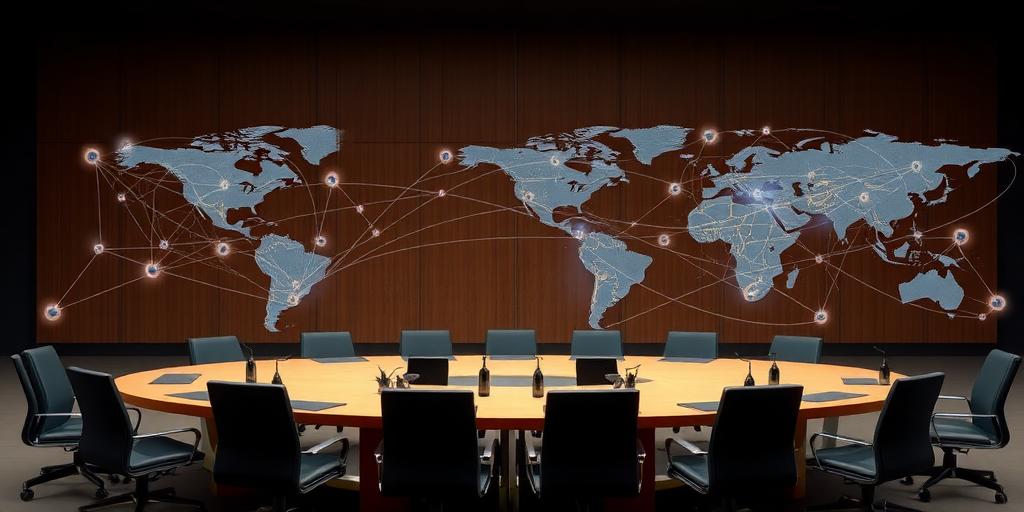The Impact of Technological Advancement on Diplomacy
In an era defined by rapid technological evolution, diplomacy, the art and practice of conducting negotiations between representatives of states, is undergoing a profound transformation. The integration of technology into diplomatic practices has altered communication methods, decision-making processes, and the overall landscape of international relations.
Enhanced Communication
One of the most significant impacts of technological advancement on diplomacy is the enhancement of communication. Digital tools and platforms have revolutionized how diplomats interact, share information, and coordinate efforts. Instant messaging, video conferencing, and secure communication channels enable real-time dialogue, transcending geographical barriers and time zone differences. This has accelerated diplomatic processes, allowing for quicker responses to emerging crises and more efficient collaboration on complex issues.
Data-Driven Decision-Making
Technology has also enabled data-driven decision-making in diplomacy. The availability of vast amounts of data, coupled with advanced analytical tools, provides diplomats with valuable insights into global trends, public sentiments, and potential risks. By leveraging data analytics, diplomats can make more informed decisions, anticipate challenges, and develop targeted strategies to achieve their objectives. This evidence-based approach enhances the effectiveness and credibility of diplomatic efforts.
Digital Diplomacy and Public Engagement
The rise of digital diplomacy has transformed how diplomats engage with the public. Social media platforms, blogs, and online forums offer diplomats direct access to diverse audiences, enabling them to communicate their messages, build relationships, and shape public opinion. Digital diplomacy allows for greater transparency and accountability in diplomatic practices, fostering trust and understanding between nations.
Challenges and Considerations
While technology offers numerous benefits to diplomacy, it also presents challenges and considerations. Cybersecurity risks, misinformation campaigns, and the digital divide are among the key concerns. Diplomats must navigate these challenges carefully, ensuring the security and integrity of their communications, combating disinformation, and promoting digital inclusion.
The Future of Diplomacy
As technology continues to evolve, its impact on diplomacy will only deepen. Artificial intelligence, blockchain, and virtual reality are poised to further transform diplomatic practices, offering new opportunities for collaboration, negotiation, and conflict resolution. However, it is crucial to approach these advancements with caution, ensuring that technology serves as a tool to enhance human interaction and promote peaceful relations between nations.
In conclusion, technological advancement has had a transformative impact on diplomacy, enhancing communication, enabling data-driven decision-making, and transforming public engagement. While challenges remain, the integration of technology into diplomatic practices holds immense potential for fostering cooperation, understanding, and peace in the global arena.









